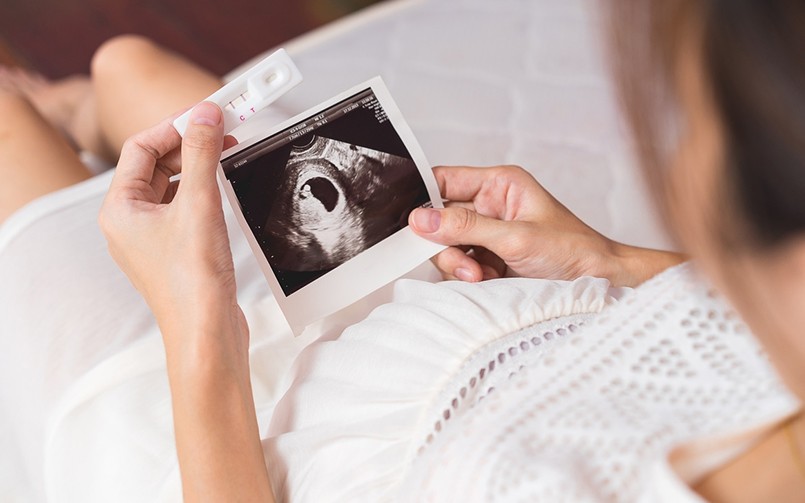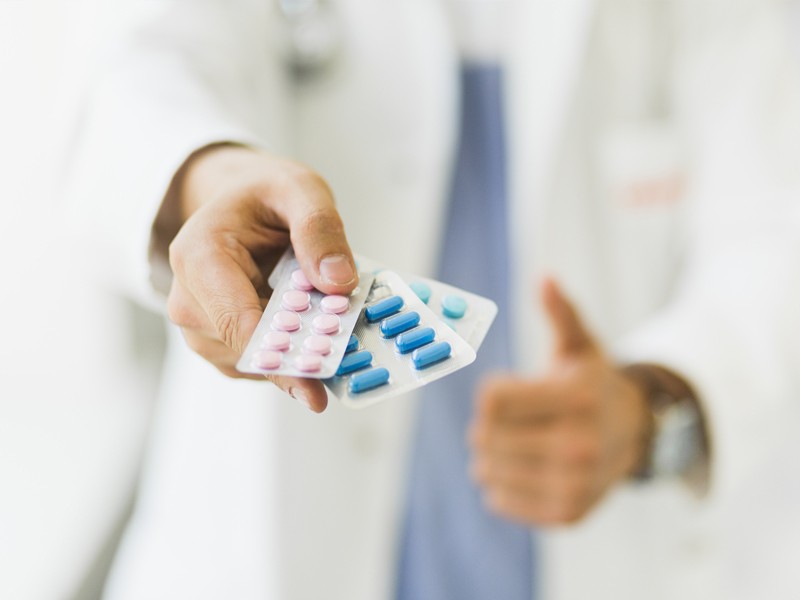IVF in the natural cycle

The first IVF baby was born in Britain 42 years ago to a couple who had tried unsuccessfully to become parents for 10 years. They were the first to try the experimental technique at that time, which became a breakthrough in medicine. And the doctors were awarded the Nobel Prize only 32 years after the birth of the first girl conceived through IVF. To date, more than 8 million people have been born using a unique method.
Definition of IVF natural cycle
IVF at the NC is the most gentle method of artificial insemination. Ovarian hormone stimulants are not used to obtain an egg. The egg is produced during your normal menstrual cycle. Thus, the intervention of doctors is limited to the receipt and fertilization of the gamete outside the female body.
The natural protocol avoids:
- overstimulation syndrome (OHSS)
- multiple pregnancy
- emotional and physical exhaustion
- the cost is much lower
IVF at the NC is the most physiological and natural method without the influence of additional hormone stimulation and natural egg production and ovulation. In addition, a woman’s body is not subjected to hormonal stress.
An additional advantage is the ability to run several protocols in a row. The absence of the influence of aggressive drugs allows the body of the expectant mother to work without stress in a mode favorable for the formation of the embryo.
The lower incidence of side effects due to the administration of high doses of hormones is an undeniable advantage of the “natural protocol”. With the help of IVF in the NC, there is a higher probability of obtaining a high quality biomaterial, which is chosen by the body independently under the conditions of natural physiological processes.
How is the process going
IVF stages in the natural cycle:
- examination of future parents
- ultrasound and hormonal monitoring of follicle growth
- HCG injection 1.5 days before ovulation
- obtaining a matured female gamete
- sperm collection and preparation
- in-vitro fertilization of an egg with a sperm
- the process of growing an embryo for 3-5 days
- the introduction of the embryo into the uterus of the future mother
- checking the results of transfer after 2 weeks
Perhaps the appointment of progesterone intake as maintenance therapy. Egg retrieval is possible without anesthesia. Immediately after the procedure, the woman can return to normal life, since there is no cystic enlargement of the ovaries caused by hormonal stimulation. IVF at the NC is less traumatic emotionally and physically.
The disadvantages of the method include:
- low pregnancy rate (up to 20%)
- obtaining only 1 egg
- unsuccessful fertilization of the female gamete
- the resulting embryo may be of poor quality
In case of artificial insemination at the NC, reproductologists often use the ICSI technique. It increases the likelihood of successful conception with low sperm activity detected on the spermogram. The technique consists in manually selecting the most active sperm and injecting it with a needle into the egg.
Who is this type of treatment for?
The procedure is performed for women with natural ovulation and a cycle of 28 to 35 days. The most favorable age range for artificial insemination in the EC for women: 18-35 years.
There are certain indications for in vitro fertilization without the use of hormonal stimulation:
- medical contraindications to the use of drug stimulation (postponed oncological diseases, diseases of the kidneys, liver, pathology of the heart, blood vessels)
- low response of the female gonads to medications affecting the production of eggs
- age restrictions
- with a pronounced decrease in follicular reserve
Natural treatment is suitable for women who:
- want to avoid excessive hormone therapy
- have a negative experience of hormonal stimulation
- have an increased risk of OHSS
- have obstruction of the fallopian tubes
- show a poor response to hormone stimulation
- the traditional IVF cycle has had a negative impact
Contraindications are not typical for artificial insemination in the natural cycle. In most cases, women tolerate the protocol well physically and emotionally.
What to do if IVF without stimulation does not work
The efficiency of in vitro fertilization in the EC is 20%. Many couples do not achieve the desired outcome of becoming parents. In the case of the natural cycle, the in vitro protocol can be repeated in the next menstrual cycle. But it is also important to take into account the emotional and psychological state of the patients. Negative experiences can be perceived in different ways.
A detailed analysis of unsuccessful IVF is a mandatory step. By analyzing the whole process, you can increase the likelihood of a successful result in the future cycle. In addition to considering all external factors, additional surveys are recommended. And you can proceed to the next attempt after correcting the state of internal organs and systems, if necessary.


